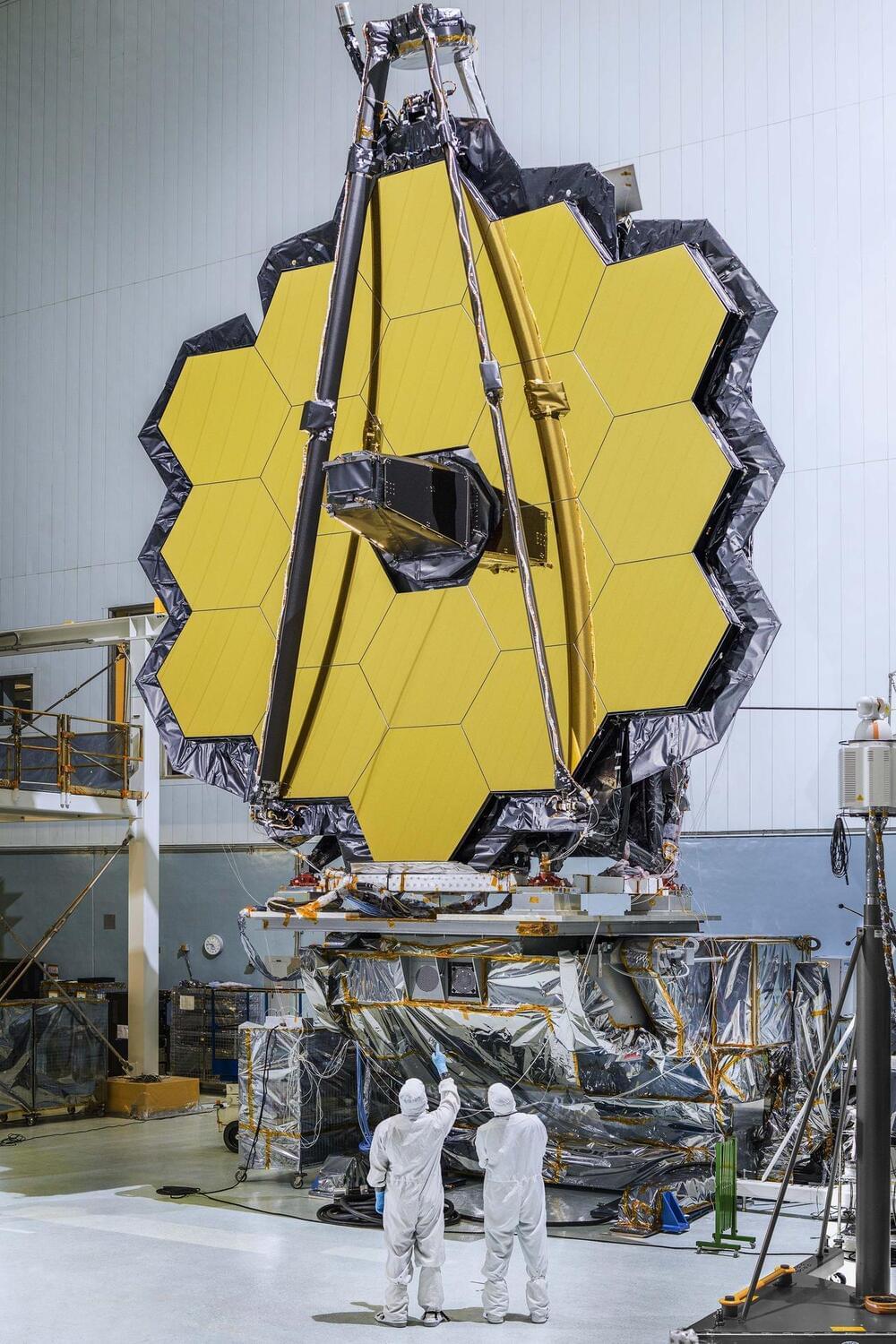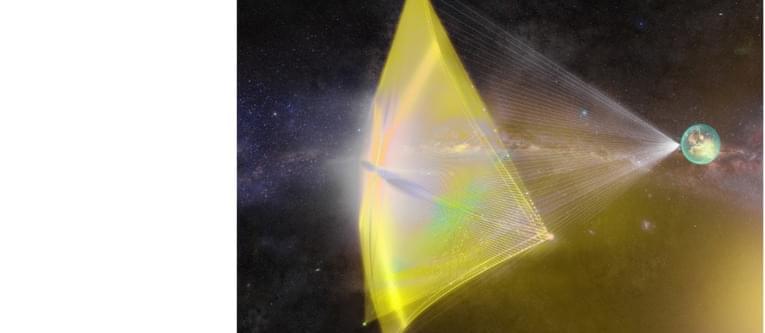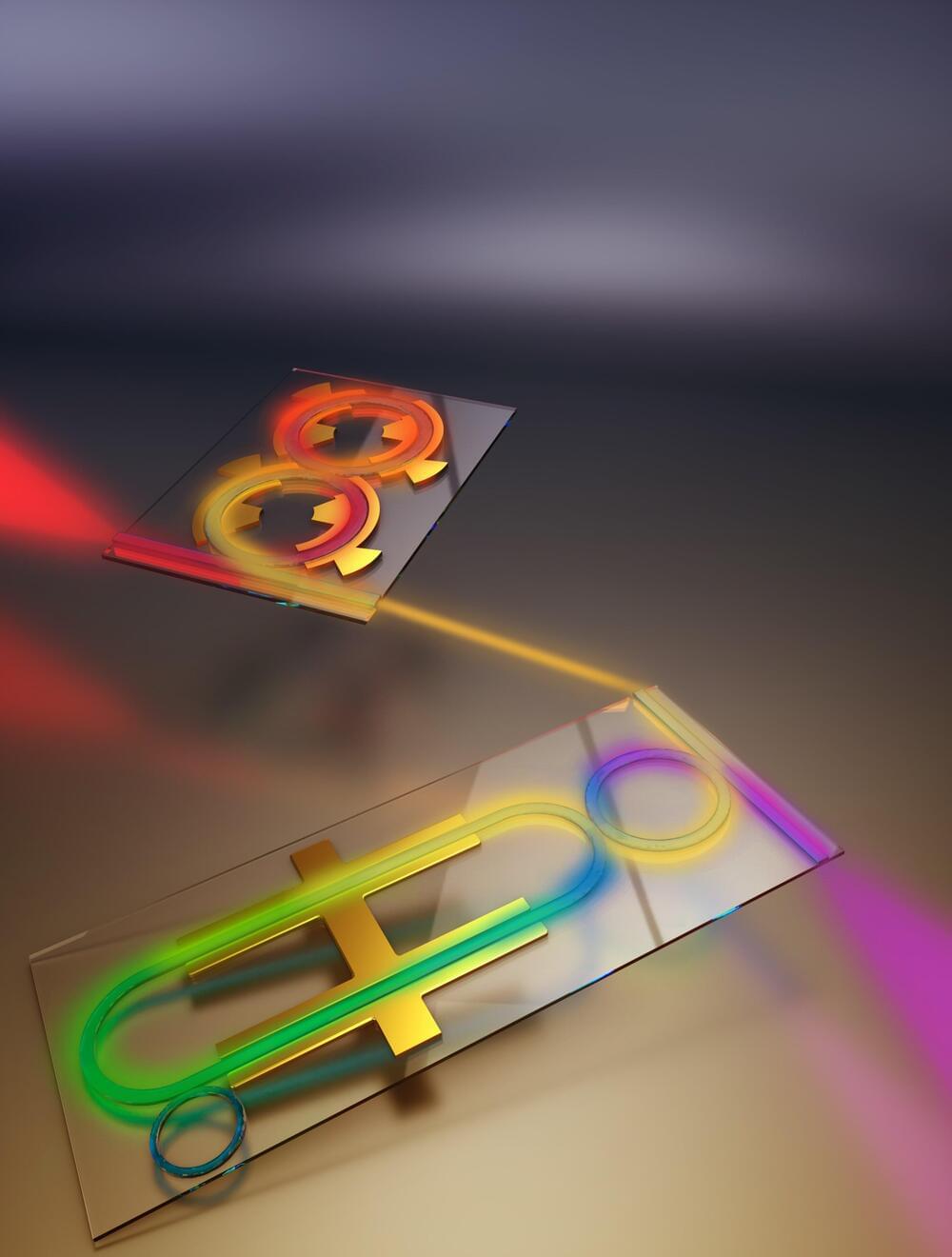Preparations continue toward a target launch date of Dec. 22: https://blogs.nasa.gov/webb/2021/11/24/testing-confirms-webb…-22-launch


Preparations continue toward a target launch date of Dec. 22: https://blogs.nasa.gov/webb/2021/11/24/testing-confirms-webb…-22-launch


Breakthrough Initiatives held an exciting scientific meeting at the beginning of this week, from exoplanets to technosignatures and the future of life on Earth:
Earlier this week, the Breakthrough Initiatives held the scientific meeting Life in the Universe 2021: Our Past, Present, and Future Selves.

Roscosmos launched a new docking node module to the International Space Station (ISS) on Wednesday, November 24 at 13:06 UTC / 8:06 am EST.
Launching from the Baikonur Cosmodrome in Kazakhstan, the module will add additional docking ports to the Russian Segment of the station to provide options for future expansion but is the final Russian model planned for the outpost.
Background
The original design for the Russian Segment of the ISS called for a Universal Docking Module (UDM) to expand the Russian Segment’s available docking ports for the addition of future modules. This module was canceled early in the ISS program due to budget issues.
NASA’s Curiosity rover has marked the 10th anniversary of its launch to Mars by sending back a spectacular ‘picture postcard’ from the Red Planet.
The robotic explorer snapped two black and white images of the Martian landscape which were then combined and had colour added to them to produce the remarkable composite.
Curiosity, which launched to the Red Planet almost exactly 10 years ago on November 26, 2011, took the pictures from its most recent perch on the side of Mars’ Mount Sharp.


The ability to precisely control and change properties of a photon, including polarization, position in space, and arrival time, gave rise to a wide range of communication technologies we use today, including the Internet. The next generation of photonic technologies, such as photonic quantum networks and computers, will require even more control over the properties of a photon.
One of the hardest properties to change is a photon’s color, otherwise known as its frequency, because changing the frequency of a photon means changing its energy.
Today, most frequency shifters are either too inefficient, losing a lot of light in the conversion process, or they can’t convert light in the gigahertz range, which is where the most important frequencies for communications, computing, and other applications are found.
In 2012, astronomers announced a startling result: The had used Hubble to very carefully measure the motion of the Andromeda galaxy, and found that it appeared to heading very nearly directly toward the Milky Way at 100 kilometers per second. They predicted that in about 4 billion years the two galaxies would collide, and chaos would ensue.
In 2019, an update to the measurements indicated that Andromeda was sliding to the side a little bit more than previously thought, delaying the inevitable collision by about 600 million years.
But now new results have been published using updated data, and they imply that Andromeda’s sideways motion still higher yet. If true, it’s possible that Andromeda could miss the Milky Way entirely on this pass.
There are lots of potential uses for a Mars colony. While drinking water is a big one, just as important is creating rocket fuel out of hydrogen.